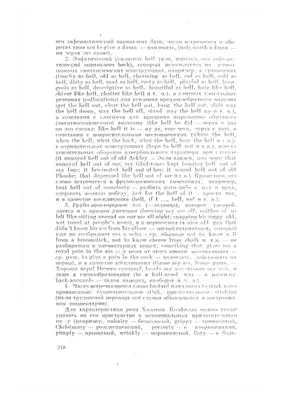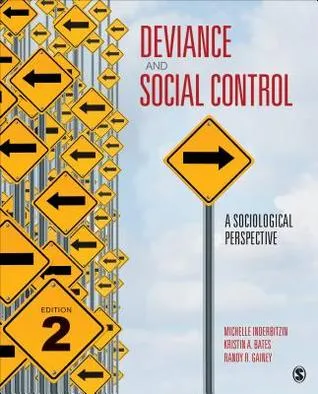Outsiders: Studies In The Sociology Of Deviance
4.0
Reviews from our users

You Can Ask your questions from this book's AI after Login
Each download or ask from book AI costs 2 points. To earn more free points, please visit the Points Guide Page and complete some valuable actions.Related Refrences:
Introduction to 'Outsiders: Studies In The Sociology Of Deviance'
Published in 1963, 'Outsiders: Studies In The Sociology Of Deviance' is a seminal work in the field of sociology, penned by Howard S. Becker. This book introduces a new perspective on understanding deviance, shifting the focus away from the individual deemed deviant and towards the societal reactions that define certain behaviors as deviant in the first place. This work has profoundly influenced the sociology of deviance and social theory.
Summary of the Book
'Outsiders' challenges traditional views of deviance as a problem inherent in certain individuals. Instead, Becker argues that deviance is a label society assigns to behaviors or individuals that stray from the norm. Becker's major contribution is his theory of "labeling," which suggests that deviance is not a quality of a person, but the result of the application of rules and sanctions by others. The book is divided into two parts, with the first focusing on how social groups create deviance by establishing rules and labeling rule-breakers as outsiders. The second part examines two specific forms of deviance: the use of marijuana among jazz musicians and the production of dance music, shedding light on how these groups interact with established social norms.
Through detailed case studies and interviews, Becker illustrates how people become labeled as deviant and how this label impacts their self-identity and relationships with conforming society. The book emphasizes the role of power in defining deviance, highlighting how influential groups often have the leverage to impose their norms and labels upon less powerful groups.
Key Takeaways
- Deviance is not inherent but is the result of societal reaction and labeling.
- Labeling theory highlights the role of society in creating deviance, focusing on who labels whom and with what effects.
- Power dynamics significantly influence which norms prevail in society.
- This work encourages a shift from viewing deviance as a problem within individuals to examining the societal structures that label certain groups as outsiders.
Famous Quotes from the Book
"Deviance is not a quality of the act the person commits, but rather a consequence of the application by others of rules and sanctions to an 'offender'."
"Social groups create deviance by making the rules whose infraction constitutes deviance."
Why This Book Matters
Becker's 'Outsiders' is a cornerstone in the field of sociology due to its innovative approach to deviance. By reframing deviance as a process of social labeling, Becker opened up new avenues of inquiry into how societal norms are constructed and enforced. The book's insights into the power dynamics that underpin labeling processes are profoundly impactful, prompting sociologists and other scholars to reconsider established theories of deviance and social control. The book not only contributes to academic discourse but also prompts wider social reflections on how marginalized groups are identified, categorized, and treated. In doing so, it remains incredibly relevant to contemporary discussions on criminology, legal studies, and human rights, making it a timeless reference in understanding societal structures.
Free Direct Download
You Can Download this book after Login
Accessing books through legal platforms and public libraries not only supports the rights of authors and publishers but also contributes to the sustainability of reading culture. Before downloading, please take a moment to consider these options.
Find this book on other platforms:
WorldCat helps you find books in libraries worldwide.
See ratings, reviews, and discussions on Goodreads.
Find and buy rare or used books on AbeBooks.
1372
بازدید4.0
امتیاز0
نظر98%
رضایتReviews:
4.0
Based on 0 users review
Questions & Answers
Ask questions about this book or help others by answering
No questions yet. Be the first to ask!













